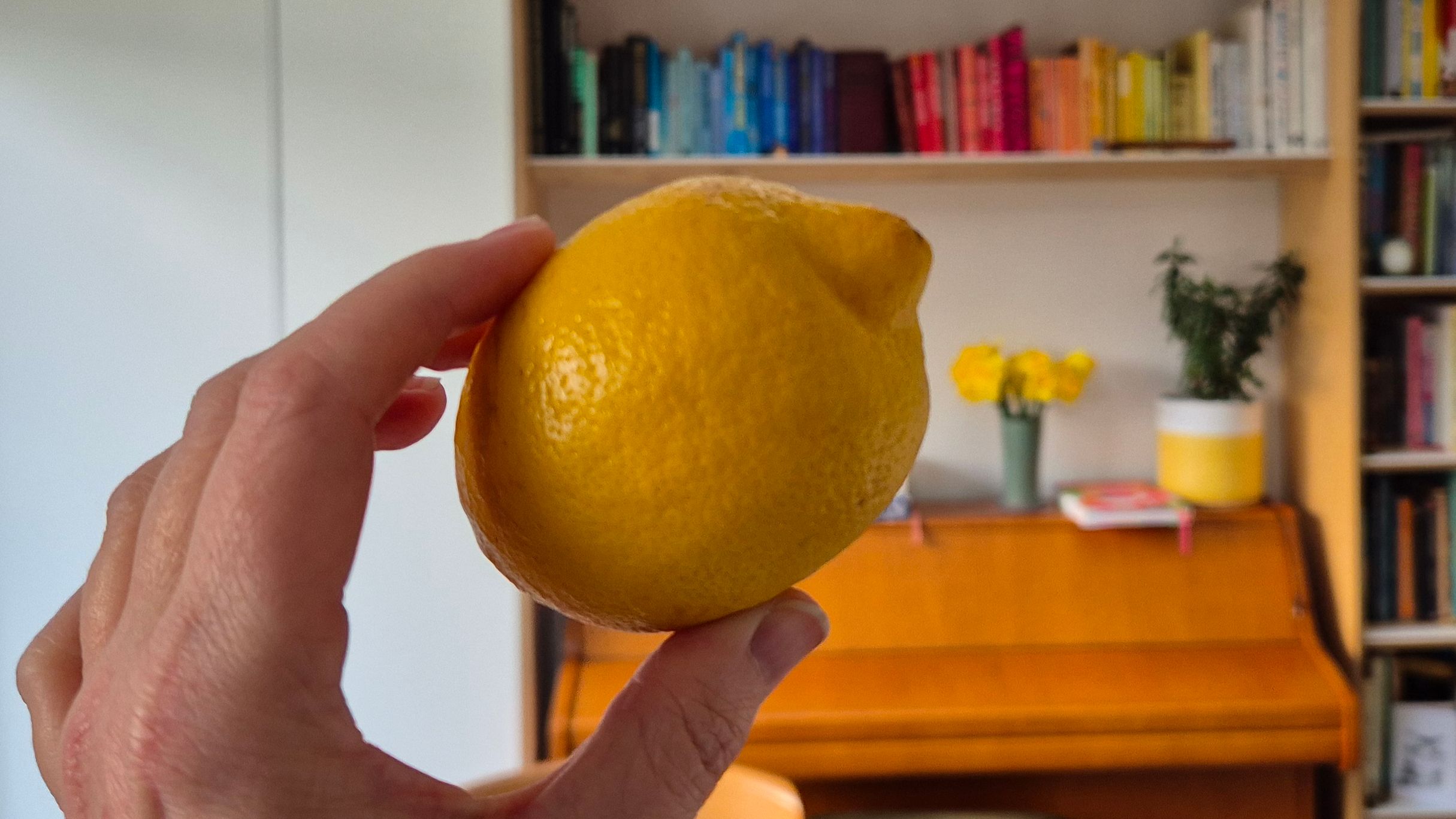What is Lemonading and why might it be useful?

I came across this term recently.
Initially my British sensibility scoffed at the word, thinking it was probably something far too cheesy for me to accept, but then, on deeper reading I found myself thinking “yes!... this!... absolutely this!”. Turns out I’ve been lemonading most of my adult life and now I’ve a word to name it.
Lemonading is the ability to reframe challenges to spot potential opportunities and to approach life with flexibility, playfulness and openness. It comes, obviously, from the saying “if life gives you lemons, make lemonade”, as in, when things are tough, find the glimmers and positives within, or to quote Eric Idle from Monty Python “always look on the bright side of life”. (No apology given if that’s provided an earworm for the rest of your day).
The term was coined by Dr Xiangyou (Sharon) Shen at the University of Oregon. They led a study in early 2021 exploring how people coped during the lockdowns of 2020. Surveying 503 adults, the results showed that all felt vulnerable and isolated, however, “highly playful people actively altered challenging situations, found creative substitutes for what was lost, viewed obstacles as an opportunity for growth and maintained a sense of control over their responses” (Frontiers, 10/2/25).
It also showed that the more playful the person the more they could deeply engage with an activity leading to higher levels of joy, immersion and satisfaction. This links us back to the wonderful world of positive psychology and the concept of flow, where one is so immersed in a task that external worries melt away, cortisol levels drop and a deeper joy is found.
I love this study. A bit of concrete research that backs up what I’ve instinctively known all along - that playfulness is incredibly useful in life and seriously important despite it's lightness.
I’m not advocating for this to be used in all circumstances. Toxic positivity can be very unhelpful and trying to lemonade in times of trauma or extreme grief could do more harm than good by hiding true emotions in a quest to find the brightside.
My hair loss through alopecia is a perfect example of how I’ve practiced lemonading. It might appear that I’m naturally fine with being bald, but that’s not true. It has taken a lot of work to be fine with it, through practicing making moments feel more lighthearted and finding the glimmers amongst the darkness. It’s been an active process which isn’t easy, but 100% worth it.
I currently only have one full eyebrow. The other is hanging on to some pale/white hairs but not much else. It looks, I’m the first to admit, a little bit silly as I’m distinctly lopsided just now.
I know if I let it, this could cause me to hide away, stress about my appearance and wallow in a vast amount of self pity. But I refuse to be like that. My reframe is to laugh about it - like I said, it really is a bit silly. I’m grateful I wear glasses as my black rimmed pair do cover up the imbalance rather well and I’m also grateful that most of my work is on zoom, so again the missing brow is less noticeable.
I’m also enjoying making up jokes in my head about it and finding an appreciation of it’s uniqueness. Not many people have had the chance to live a normal life missing an eyebrow, have they? I wouldn’t necessarily recommend it, but it’s interesting all the same.
I’ve also become utterly fascinated by other people’s eyebrows. I love spotting a really good pair which I silently, metaphorically, award my eyebrow-of-the-day imaginary trophy. It’s a pretty fun game but one I know has a serious foundation. By making light of the situation, it does, in turn, make it a lot more easier to bear.
Whilst there are some people, like me, who naturally lean towards lemonading, anyone can increase their playfulness through practice. When a challenge occurs, ask yourself if there are any bright sides to it, regardless of how tiny they are. Is there any learning or growth that might occur? Although the situation might feel bad, what is interesting about it? What stories does it create? What game could you create out of this situation?
As always, if you want to explore this further through coaching, I’m going to be bold enough to assert that, as an expert in lemonading, I might be the right fit for you! You can see my coaching programme here.
I’d love to hear from you if you're a bit of a lemonading whizz yourself. I’d love to compile a little collection of interviews with such experts, even if you feel you’re just a beginner. Ping me an email and we can chat.

